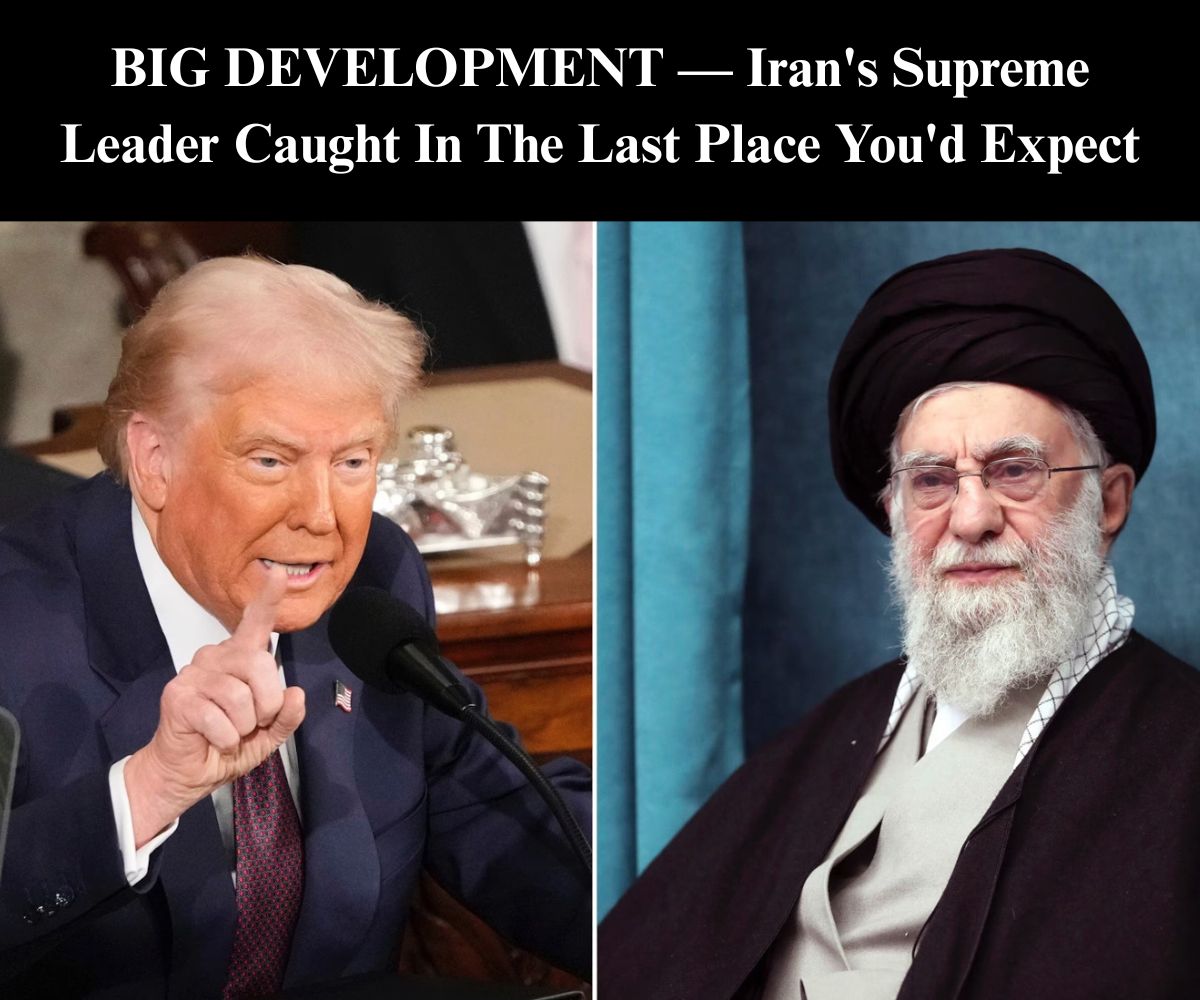Iran’s supreme leader is “cowering” deep beneath the surface of his country, preparing for his inevitable death and planning to select a successor, according to official insiders.
Two top Iranian officials informed The Atlantic that Ayatollah Ali Khamenei’s days are short, and they may not wait for him to die of natural causes before removing him. Khamenei faces the most critical leadership test of his career after the United States destroyed three of the country’s main nuclear enrichment sites on Sunday.
“Everybody knows Khamenei’s days are numbered,” claimed one official. “Even if he stays in office, he won’t have actual power.”
Khamenei, 86, has ruled Iran since 1989. Generational shift has swept the country of 92 million people, with an average age of 34 years. Long-standing health issues, along with the ambitions of younger senior national officials, contribute to the perception that Khamenei is not the best candidate to rule Iran after 2025.
The Iranian supreme leader last addressed the country on Wednesday from a secret underground bunker where he was hunkered down in anticipation of a U.S. strike. President Trump previously stated that he would decide “within two weeks” whether to strike Iran, a feint that White House officials say was intended to conceal the fact that he had already decided.
He has also suspended the use of electronic gadgets, possibly in response to President Trump’s social media remark last week in which he fantasized about “killing” Khamenei.
According to the New York Times, three persons have been listed as prospective successors to Khamenei in the case of his death.
According to the Daily Mail, Khamenei created a three-man committee two years ago to determine his eventual replacement, and the work has quickened in recent days. Five people familiar with Khamenei’s movement told Reuters that he is also responding to Israel’s threat to murder him.
According to a top official, Khamenei’s family remains in hiding with him and is being safeguarded by the Vali-ye Amr, a special unit inside Iran’s Revolutionary Guard.
Predicting Iran’s political trajectory if Khamenei is assassinated will be difficult, the source noted, emphasizing the significance of rapidly appointing a successor to ensure government stability and continuity.
According to one source, the next leader will be picked based on his commitment to the revolutionary principles advocated by the Islamic Republic’s late founder, Ayatollah Ruhollah Khomeini. Simultaneously, the successor’s capacity to modify the country’s image will be assessed, indicating a notion that more transparent dealings on the global arena will lessen the possibility of future attacks on Iran.
Khamenei’s 56-year-old son Mojtaba and Hassan Khomeini, grandson of Iran’s Islamic revolution founder, are two strong possibilities.
Insiders believe that despite being a member of the reformist faction that advocates for more tolerance in social life and fewer extreme ideas, Khomeini continues to be respected by the country’s clerical authorities.
“I once again humbly express that this small and insignificant servant of the Iranian people stands ready to proudly be present on any front or scene you deem necessary,” Khomeini said on Sunday in a message telegraphing his support for Iran’s supreme leader.
The US Embassy in Qatar issued an emergency “shelter in place” order for any Americans residing there on Monday, citing rising tensions with Iran.
The embassy stated that the advisory was issued “out of an abundance of caution” but did not provide any particular threats. The alert follows the State Department’s warning to the American people throughout the world in response to the US’s extraordinary strikes on Iran’s nuclear facilities.
Fox News reported on Monday morning that sources have said that Iran could be planning to attack a United States military base or region in Qatar within the “next 48 hours.”
“The conflict between Israel and Iran has resulted in disruptions to travel and periodic closure of airspace across the Middle East. There is the potential for demonstrations against U.S. citizens and interests abroad. The Department of State advises U.S. citizens worldwide to exercise increased caution,” the State Department said.
